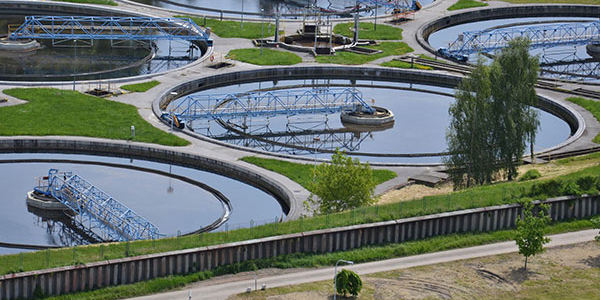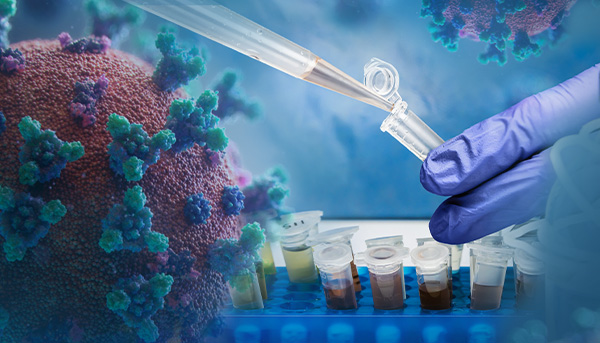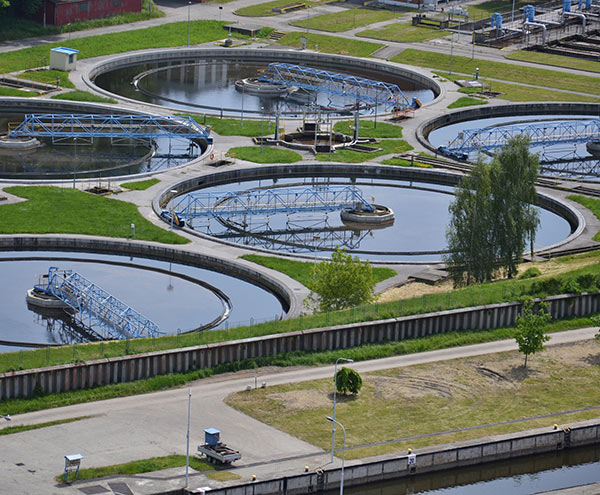
Most of us, after we flush the toilet, don’t think twice about our body waste. To us, it’s garbage. To epidemiologists, however, wastewater can provide valuable information about public health and help save lives.
History of Wastewater-Based Epidemiology
Wastewater-based epidemiology (WBE) is the analysis of wastewater to monitor public health. The term first emerged in 2001, when a study proposed the idea of analyzing wastewater in sewage-treatment facilities to determine the collective usage of illegal drugs within a community. At the time, this idea to bridge environmental and social sciences seemed radical, but there were clear advantages. Monitoring wastewater is a nonintrusive and relatively inexpensive way to obtain real-time data that accurately reflects community-wide drug usage while ensuring the anonymity of individuals.
Continue reading “From Drug Use to Viral Outbreaks, How Monitoring Sewage Can Save Lives”

